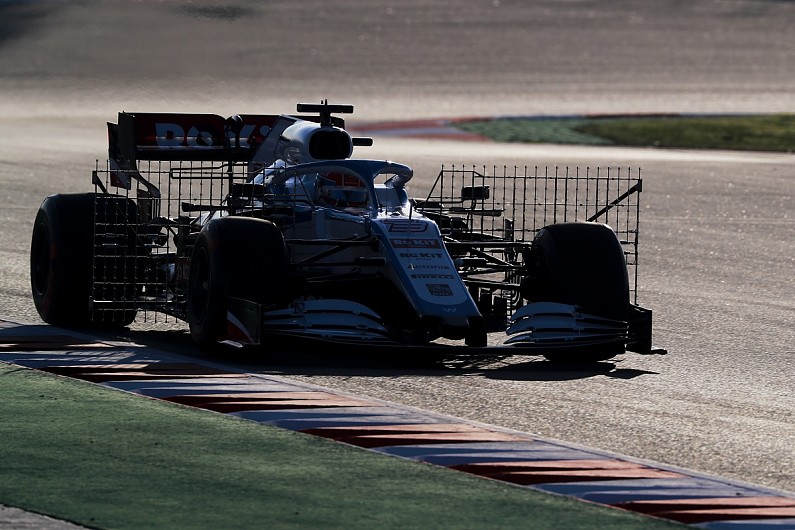The World Motor Sport Council has ratified the proposed changes to Formula 1’s sporting, technical and financial regulations, including a reduced cost cap from 2021.
Teams have been engaged in talks with F1 and the FIA over planned regulatory changes in a bid to safeguard the series from the anticipated impacts of the COVID-19 pandemic.
One of the biggest changes for 2021 will be the introduction of a reduced cost cap, which after receiving team approval last week was given the green light by the WMSC on Wednesday by e-vote.
The cost cap has been cut from $175 million to $145m per season for 2021, and will drop to $140 million for 2022 before sitting at $135m from 2023-25, based on a 21-race season.
Tying in with the planned chassis freeze for 2020 and 2021, teams will also be limited on the number of upgrades they are allowed to make via a new token system.
There will also be new limits to power unit upgrades through each season, as well as a limit of the number of exhaust systems drivers may use that will come into force for 2021.
Changes have also been made to the technical regulations relating to floor design ahead of the rear tyres in order to reduce any potential downforce gains next year.
The minimum weight of the cars will also increase for 2021, rising from 746kg to 749kg.
A new handicap system for aerodynamic testing will also be introduced in 2021, operating on a sliding scale that reduces the amount of wind tunnel time for the leading teams in the constructors’ championship.

This will follow a general reduction in aerodynamic testing and power unit bench testing restrictions effective from 2020 in a bid to cut costs.
The regulations have been updated to define “open” and “closed” events, the latter relating to any event that is not open to spectators in the wake of the COVID-19 pandemic.
Closed events will see a limit of 80 team staff per race, with only 60 of whom can be associated with the operation of the cars.
Updates have also been made to the tyre-related regulations for 2020, allowing additional testing through Free Practice 2 if required to help approve any new tyre specifications from Pirelli.
The FIA has moved to define the notional value of transferable parts between larger teams and customer outfits, supporting the practice as a cost-cutting measure and to prevent ‘project flipping’ between big and small teams.
FIA president Jean Todt thanked the series’ stakeholders for their involvement in approving the changes, hailing it as “a major step forward for F1 and motorsport’s sustainability”.
